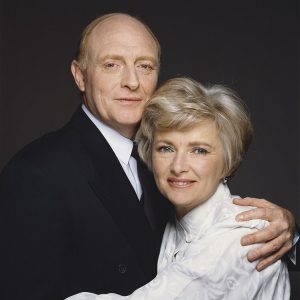UK Prime Minister Boris Johnson has made it clear that he won’t step down from his position, despite several high-ranking members resigning from the scandal-ridden government. However, rebel MPs are trying to set another no-confidence vote in motion to oust the embattled PM. It all comes down to the 1922 Committee, the body of British lawmakers who facilitate cooperation within the Conservative Party.
The committee is slated to meet on Wednesday afternoon, with all backbenchers, who are members of the House of Lords not occupying ministerial positions and aren’t opposition Shadow spokespeople. This meeting will determine whether party rules should be altered so Johnson can face another no-confidence vote.
He won the last vote in June, albeit by a narrow margin, but currently is protected under party rules from facing another no-confidence vote until June 2023.
Also Read | House of Commons tells Johnson ‘Bye Boris’ after PMQ | Watch
Before the 1922 Committee alters the rule, however, they are likely to approach Johnson separately and ask him to step down. A leading backbench rebel told i News that a delegation of “men in grey suits”, likely led by committee head Sir Graham Brady, would urge Johnson to resign.
If Johnson refuses, the committee could consider changing the rules, if enough letters of no confidence are submitted. Considering the string of departures including the health and finance ministers, Sajid Javid and Rishi Sunak, the quorum is likely to be reached.
If Johnson loses the new no-confidence vote, there could be a leadership contest in process before the Parliament breaks for summer recess on July 21.
Also Read | Boris Johnson resignation: What happens if UK Prime Minister quits
Since the 1922 Committee elections are also coming up, they could vote to change the no-confidence rules before new members come in next week, the rebel added, noting that MPs are “conscious of the urgency” regarding the matter of Johnson remaining in office.
News of the PM’s knowledge of existing complaints against former deputy chief whip Chris Pincher triggered the exodus since Downing Street had earlier denied Johnson being aware of earlier accusations against the Conservative Party member.






